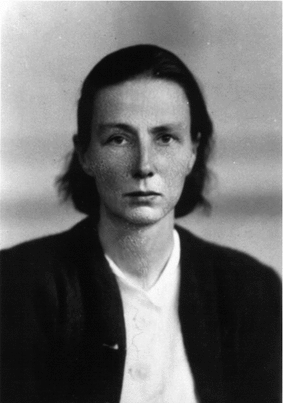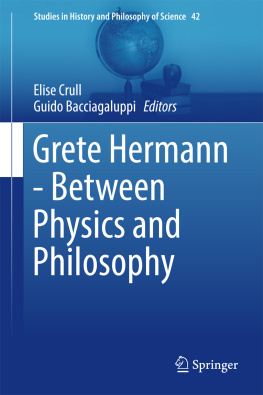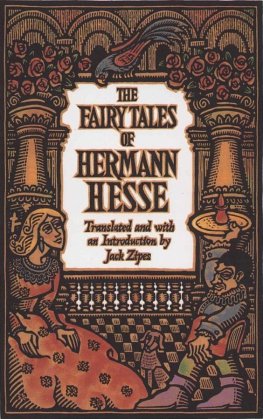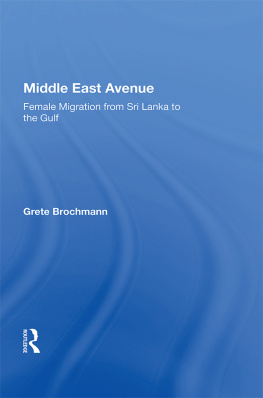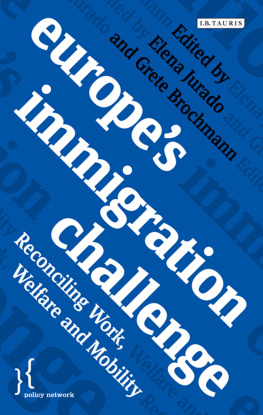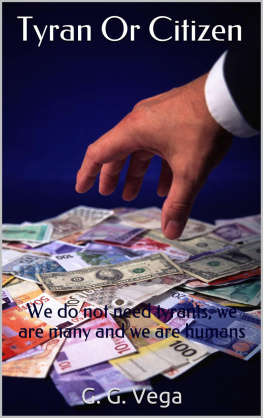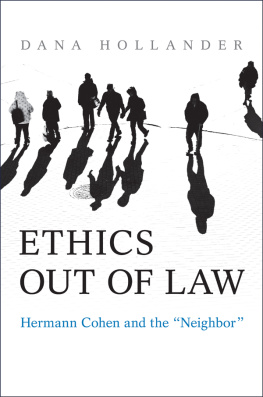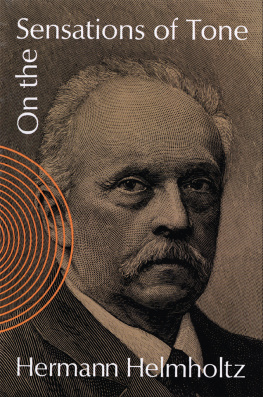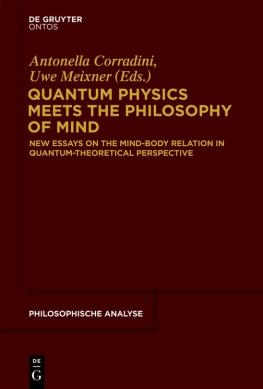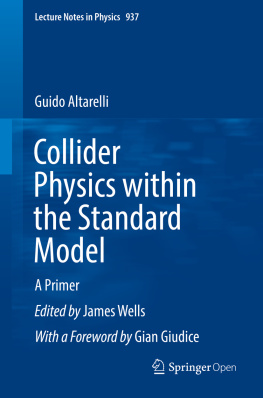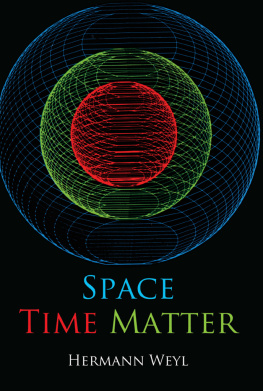Grete Hermann, ca. 1937. Photo courtesy of Prof. Dr Renate Tobies, Jena
The fact that Grete Hermann received a doctoral degree in mathematics in 1925 is exceptional already. However, it is but a small piece in the mosaic of her life. Born on 2 March 1901 to Augusta Hermann (ne Bigoldt) and the merchant Gerhard Hermann and baptised in the Evangelical Church, Margarete). However, it was not this academic teacher who became crucial to her life story, but philosophy professor Leonard Nelson (18821927).
1.1 Leonard Nelson as Teacher
[...] the demand to never refrain from answering for fear of disgrace
Henry-Hermann (, p. 180)
Already in her first semester Grete Hermann and her brother Carl Hermann, who was also studying at Gttingen, attended Nelsons course Typische Denkfehler in der Philosophie (Typical errors of reasoning in philosophy) in lecture theatre 16. She remembered them in her notes from 1928/1929: I was inspired by the logical sharpness of the lecture, but my overall impression was negative: How full of himself he is! He believes he has a monopoly on truth (Henry-Hermann , p. 179). Once she went to a lecture together with her father, who had made a break with civil life after a long religious-ideological quest and after several difficult personal experiences; he had transferred his business and all his money to my mother and wandered around with long hair and beard in loden coat, knee breeches and overshoes as an itinerant preacher, as he called himself, or lived alone meditating (ibid., p. 180). He correctly judged of Nelson: Finally a person who takes seriously what he has discovered.
As can be seen from her registration form for courses attended for credit (StAG , p. 180).
Nelsons teaching methods were indeed unusual. They were based on the attempt to provoke independent acquisition of knowledge by the students. This caused Grete Hermann joy but also fear of Nelson and his way of working: I internally reacted against Nelson even though I avidly absorbed his way of arguing, which the tutorials guided us towardsthe use of self-evident examples, the sharpness of conceptualisationand harnessed them for my own thinking (ibid., p. 181). Her reaction against Nelson mainly referred to his insistence on drawing personal consequences out of philosophical insights, which she rightly held to be incompatible with her search for religious truths. This led her to avoid Nelson for two years (ibid., p. 182).
After attending a lecture course by theologian Karl Barth and then staying in Freiburg for two semesters from autumn 1922 until 22 August 1923 (Hermann , p. 184). In the end, however, these experiences led to a lifelong engagement with Nelsons philosophical approaches: Through Nelsons challenges I gradually learnt to eke out, step by step, the courage for truth that is necessary if one is to utterly place ones trust, also within ones own thinking, in a method of thought recognised as cogent (ibid., p. 182).
In the Winter semester of 1924/25 she attended Nelsons course n Philosophische Pdagogik (Philosophical pedagogy) (Hermann, Certificates and other personal documents) and was so fascinated by his way of dealing with the topic of authoritarian upbringing (Henry-Hermann ; emphasis in the original).
The oral examination took place on 25 February 1925 and was also marked very good. But there were some obstacles to jump first: Grete Hermanns request to be examined by Leonard Nelson was denied with reference to the fact that as an extraordinary professor he was not authorised to adjudicate doctoral examinations; experimental psychologist Narziss Ach was to be examiner instead (Henry-Hermann , p. 186). In her desperation, Grete sought out her doctoral advisor, who immediately took matters in her resolute hands and prevailed with the dean for Nelson to be the examiner, though only in the presence of Ach. Nelson accepted, but on the day before the examination he realised that he would probably have to share examination time with Ach. He got angry and threatened to refuse to examine under these circumstances (cf. ibid., p. 187 f.). He demanded that Grete Hermann call on the dean about this matter to bring about clarification. The dialogue Hermann and Nelson had in this context highlights Nelsons personality: Are you confident you can see this through?I dont think so.Learn to be. Then you will really have gained something from this examination (ibid., p. 188).
The upshot of her enquiry with the dean was that Nelson should be entitled to examine on his own. About the examination process she writes: He leaned back in his chair, crossed his legs and asked friendly and encouragingly: Well? Since I was not very responsive he said after a few preliminary questions: Now tell me something about the theology of Karl Barth. Whereupon I explained that I would rather deal with what I thought was reasonable about Barths inquiry. For this purpose I started from the doctrine of formal idealism, which I had taken from Kant and considered to be completely assured. The half hour passed with my recognising the collapse of the assumption of formal idealism as dogmatic under the short counter-questions from Nelson (ibid., p. 189).
The waiver declaration took place on 4 May 1926 (UAG , p. 190). Her desired topic for the philosophy paper would have been the discussion of the Paradoxes of set theory, but Nelson rejected it: Your doctoral dissertation was already so abstract and formal-logical. Given that, you should choose a topic with a significant content. Otherwise you will be in danger of only being able to deduce and not to judge autonomously anymore. You should not neglect judgement, and that is something other than reason (ibid., p. 190 f.). With reference to her interest in philosophy of religion he proposed the topic: On transcendental idealism . There you can do whatever you want! (ibid., p. 191). As she remembers, as a result of this she had a fruitful interaction, for through his occasional short questions and remarks, Nelson had managed to force me into freedomat least in this field (ibid., p. 192).
1.2 As Private Assistant to Leonard Nelson
She studies mathematics for four years, and suddenly she discovers her philosophical heart!
Emmy Noether
Not only was Emmy Noether surprised, but also Grete Hermann herself when Nelson told her that he read her paper with delight, it was a good paper (Henry-Hermann , Certificates and other personal documents).
After these experiences Grete Hermann decided in favour of philosophy, even though Emmy Noether had already tried to place her in an assistant job in mathematics at the University of Freiburg (cf. Henry-Hermann , p. 195). Noether apparently reacted to this with the complaint cited above. Grete Hermanns decision immediately caused her new worries, especially about her independence: But on the evening after this agreement I had a bad anxiety attack and the feeling I was getting into something, in fact even I had brought about something, which was out of my depth [...], I realised that I was worried that I would not be strong enough in the face of Nelsons personality to preserve my own intellectual independence (ibid., pp. 195 ff.).
